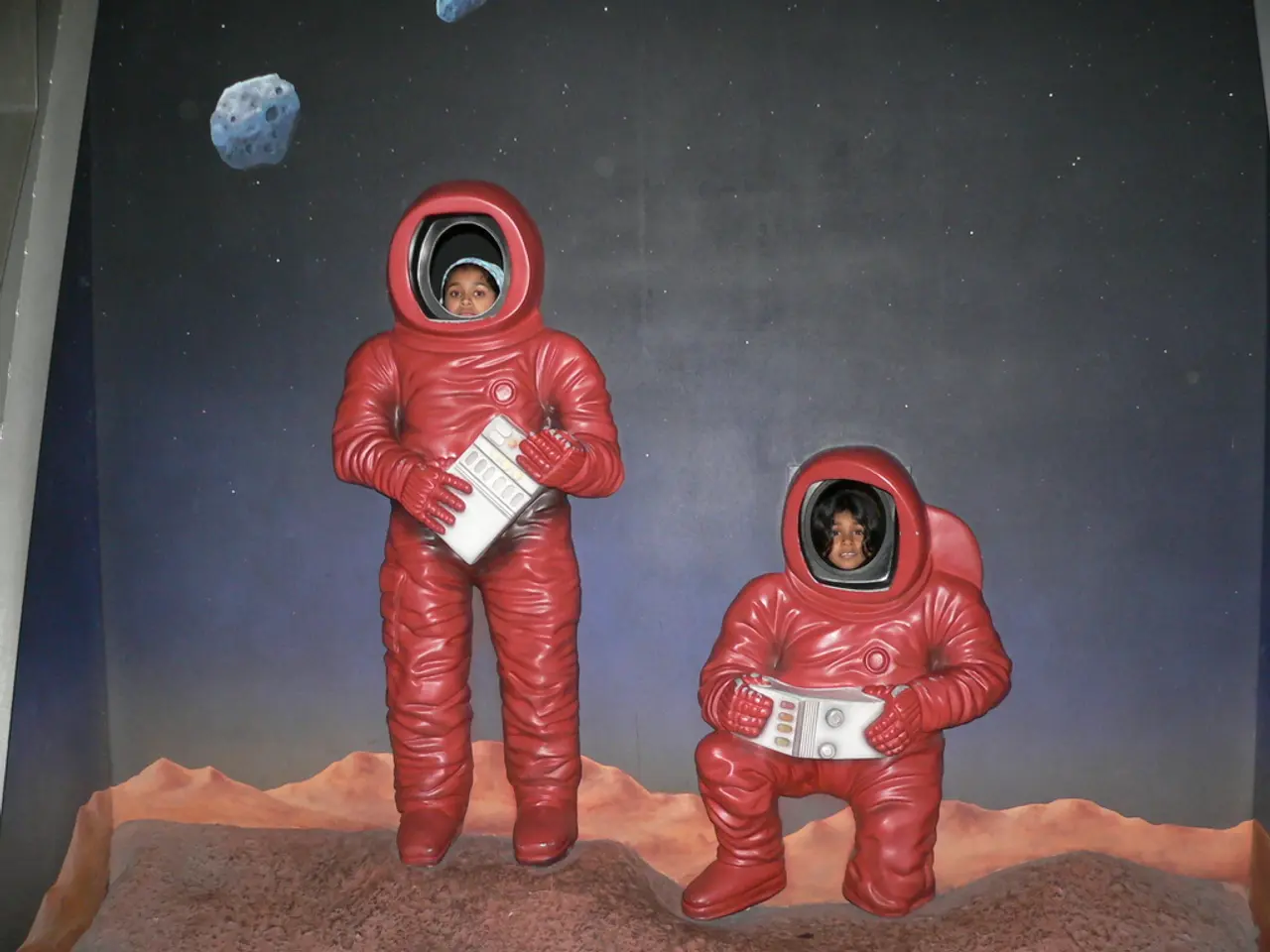Accelerated cell aging linked to space travel, claim scientists
Researchers at the University of California San Diego (UC San Diego) have made a groundbreaking discovery about the effects of space travel on human hematopoietic stem and progenitor cells (HSPCs). The study, published in the journal Cell Stem Cell, reveals that these crucial blood and immune cells age faster under space conditions.
The study used AI-powered automated images on four SpaceX resupply missions to the International Space Station (ISS) to track changes in astronauts' stem cells in real-time. After 32 to 45 days in space, blood stem cells showed several signs of aging, including hyperactivity, decreased ability to produce new healthy cells, increased DNA damage, shorter telomeres, inflammation and stress within the cells' mitochondria, and activation of dormant parts of their genetic code.
Dr. Catriona Jamieson, director of the Sanford Stem Cell Institute at UC San Diego, stated that the findings show that space stressors, such as microgravity and galactic cosmic radiation, can accelerate molecular aging of blood stem cells. The challenges of space research, she added, have a surprising benefit for Earth-based science.
What the researchers have learned about cancer from their space studies is absolutely remarkable, according to Dr. Jamieson. The study provides a more detailed view of how these changes occur at the cellular level. When cells exposed to space were returned to Earth and placed in a healthy environment, some of the damage began to reverse, suggesting potential for interventions to protect or rejuvenate these cells.
The findings build on previous research, including NASA's innovative Twins Study, which investigated the effects of spaceflight on gene expression and telomeres. Researchers plan to continue studying astronauts to try to identify real-time health protective measures during long space missions.
Findings from the study may have practical applications here on Earth, providing new insights into the aging process and age-related diseases like cancer. For more information about research on the International Space Station, visit the National Aeronautics and Space Administration's website.
Read also:
- Nightly sweat episodes linked to GERD: Crucial insights explained
- Antitussives: List of Examples, Functions, Adverse Reactions, and Additional Details
- Asthma Diagnosis: Exploring FeNO Tests and Related Treatments
- Unfortunate Financial Disarray for a Family from California After an Expensive Emergency Room Visit with Their Burned Infant








